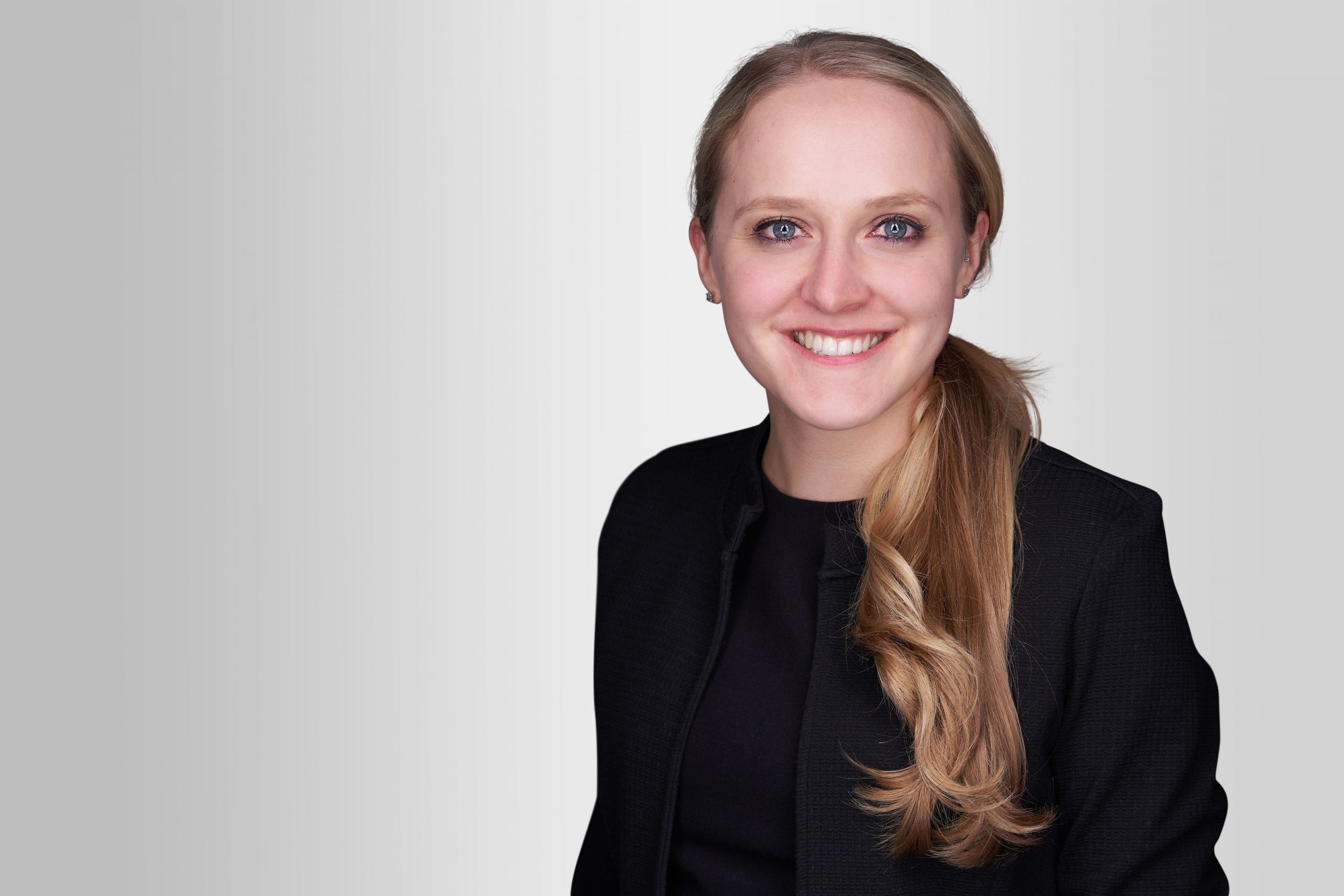Selective Licensing comes to Southwark
The London Borough of Southwark has announced that from 1 November 2015 it will introduce selective licensing to specific locations in the borough together with a borough-wide additional licensing scheme. Selective licensing enables local authorities to implement licensing schemes for rented properties that are not houses in multiple occupation (HMOs). It is designed to tackle areas of low housing demand in the private rented sector caused by poor landlords and anti-social tenants.
The Housing Act 2004 allows local authorities to designate geographical areas within their districts as subject to selective licensing provided one of the following conditions is met:
• The area is, or is likely to become, an area of low housing demand and that making a designation will, when combined with other measures, contribute to the improvement of the social or economic conditions in the area; or
• The area experiences a significant and persistent problem caused by anti-social behaviour, that some or all of the private sector landlords who have let premises in the area are failing to take action to combat, and the making of a designation will, when combined with other measures, lead to a reduction in, or the elimination of the problem.
Local authorities were given wider powers to implement selective licensing earlier this year with the enactment of the Selective Licensing of Houses (Additional Conditions) (England) Order 2015. Now in addition to the above conditions, Councils can also make a selective licensing designation if the area contains a high proportion of properties in the private rented sector let under assured tenancies or licenses to occupy and one or more of the following 4 conditions is met:
1. Poor housing conditions: the local housing authority considers it would be appropriate for a significant number of the properties to be inspected in order to determine whether a category 1 or category 2 hazard exists and the designation will assist with this and improving housing conditions in the area;
2. Inward migration: the area is experiencing an influx of migration, a significant number of the properties are occupied by those migrants and the designation will preserve or improve social or economic conditions in the area and ensure that properties are properly managed, and in particular, that overcrowding is prevented;
3. Deprivation: the area suffers from a high level of deprivation and the designation will contribute to a reduction in this; or
4. Crime: the area suffers from high levels of crime which affects those living within the area and a designation will assist in reducing the crime in the area.
All selective licensing schemes must go through a specific 10-week consultation process first and some larger schemes require approval from the Secretary of State. The Housing Act 2004: Licensing of HMOs and Selective Licensing of Other Residential Accommodation (England) General Approval 2015, which came into force on 1 April this year, has changed the law on obtaining approval so that in England a new selective licensing scheme can be introduced without first obtaining express consent from the Secretary of State provided the designation does not cover more than 20% of the local authority’s geographical area and does not affect more than 20% of privately rented lettings.
So far the London boroughs of Newham, Waltham Forest, Barking and Dagenham and Brent operate selective licensing schemes. The first three’s schemes are borough-wide while Brent’s only covers part of the borough. Other boroughs, along with Southwark, are following suit and bringing in selective licensing schemes later this year: Croydon’s is due to start on 1 October 2015 and Harrow’s on 1 November 2015. Redbridge also intends to bring in its own borough-wide selective licensing scheme early next year but it is still currently awaiting government approval. The growth of selective licensing in London and across the country as a whole has been linked to the rise of the private sector which is now the second largest tenure in England.
Southwark’s scheme will cover the following areas: Walworth Road, Camberwell Road, Camberwell New Road, Camberwell Green, Coldharbour Lane, Denmark Hill, Camberwell Church Street, Bellenden Road, Southampton Way, Old Kent Road, Meeting House Lane, Queens Road, Rye Lane, Evelina Road, Lordship Lane (North), Lordship Lane (South). Southwark Council have published a map setting out the precise designation of the scheme.
At the same time as introducing their selective licensing scheme, Southwark will also implement a borough-wide additional licensing scheme which is due to come into force on the same date. Both the selective and additional licensing schemes will last for five years until 31 October 2020. Additional licensing relates to HMO properties that do not fall within the remit of mandatory licensing. Mandatory licensing applies to HMOs that are three or more storeys high, have five or more occupiers living together in two or more single households and which contain shared amenities such as bathroom or kitchen. Mandatory licensing operates nationwide and is therefore in force throughout every London borough.
Southwark’s new selective licensing scheme means that all rented private accommodation within the designated areas, even properties let to a single family or a single individual will need to be licensed by the Council. Failure to obtain a licence may result in criminal prosecution and a fine. This has serious consequences for landlords and letting agents not least because there have recently been radical increases to the fines magistrates can levy with Housing Act 2004 offences now carrying unlimited fines. Although Southwark’s Public Notice refers to a maximum fine of £20,000, this cap was removed in March 2015 when regulations amending the level of fines on summary conviction came into force.
